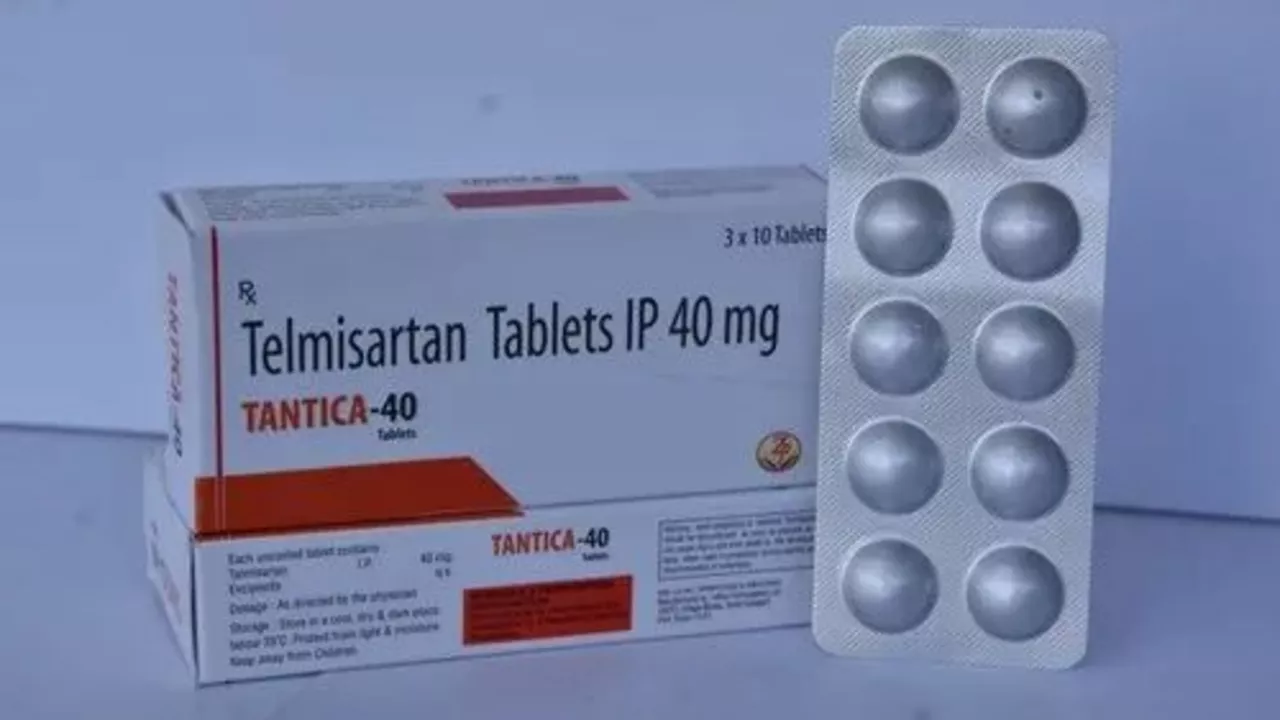Resistant Hypertension: Simple Facts & Real Solutions
If your blood pressure stays high even after you’ve tried a few medicines, you might be dealing with resistant hypertension. It’s not rare—about one in ten people with high BP face this problem. The good news is that you don’t have to accept it as ‘just how my body works.’ Understanding the why and the how can give you back control.
Why Blood Pressure Stays High
First, let’s look at what makes hypertension “resistant.” Doctors usually call it resistant when a person’s systolic or diastolic pressure stays above 140/90 mmHg despite taking three different antihypertensive drugs—one of which should be a diuretic. Common culprits include:
- Hidden salt intake. Even if you think you’re eating low‑sodium, processed foods and sauces can add up quickly.
- Obstructive sleep apnea. Breathing interruptions at night raise stress hormones that push the pressure up.
- Kidney issues. When kidneys can’t filter well, fluid builds up and adds extra force to your arteries.
- Medication interactions. Over‑the‑counter pain relievers, certain antidepressants, or even some herbal supplements can blunt the effect of blood‑pressure pills.
- Lifestyle factors. Excess weight, chronic stress, and lack of exercise all keep the numbers stubbornly high.
Identifying which factor applies to you often starts with a thorough check‑up. Your doctor may order blood tests, a sleep study, or an ultrasound of your kidneys to rule out secondary causes.
How to Tackle Resistant Hypertension
Once the underlying triggers are clear, you can combine medical and lifestyle moves for better results.
1. Fine‑tune medication. Sometimes swapping one drug for another—like moving from a beta‑blocker to an aldosterone blocker—makes a big difference. Your doctor might also add a mineralocorticoid receptor antagonist (e.g., spironolactone), which has proven effective for many resistant cases.
2. Cut hidden sodium. Aim for less than 1,500 mg of salt per day. Read labels; look for “no added salt” versions of sauces and canned goods. Cooking with herbs, lemon, or vinegar can keep flavor high without the sodium spike.
3. Lose excess pounds. Even a modest loss of 5‑10 % of body weight can drop systolic pressure by 5–10 mmHg. Simple steps—walking after dinner, swapping sugary drinks for water, and adding a short strength routine—add up quickly.
4. Treat sleep apnea. If you snore loudly or feel tired all day, ask about a home sleep test. A CPAP machine can normalize breathing at night and often brings down blood pressure without extra meds.
5. Manage stress. Chronic stress pumps adrenaline, which narrows blood vessels. Try short daily practices like deep breathing, progressive muscle relaxation, or even a 10‑minute walk outside to reset your nervous system.
6. Monitor at home. A reliable cuff lets you track trends, not just single readings. Keep a log of the time, activity, and foods before each measurement—this helps spot patterns you can discuss with your doctor.
The key is to treat resistant hypertension as a puzzle rather than a dead end. Each piece—medication tweak, diet change, sleep fix—fits together for a clearer picture of lower pressure.
Remember, you don’t have to figure it all out on your own. Partner with a healthcare provider who’s willing to dig deeper, test for hidden causes, and adjust the plan as needed. With the right combination of drugs, lifestyle tweaks, and regular check‑ins, most people can bring stubborn blood pressure back into the normal range.
Ready to take the first step? Start by writing down your current meds, meals, and sleep habits, then share that list at your next appointment. Small actions today can turn resistant hypertension from a frustrating roadblock into a manageable part of your health journey.

